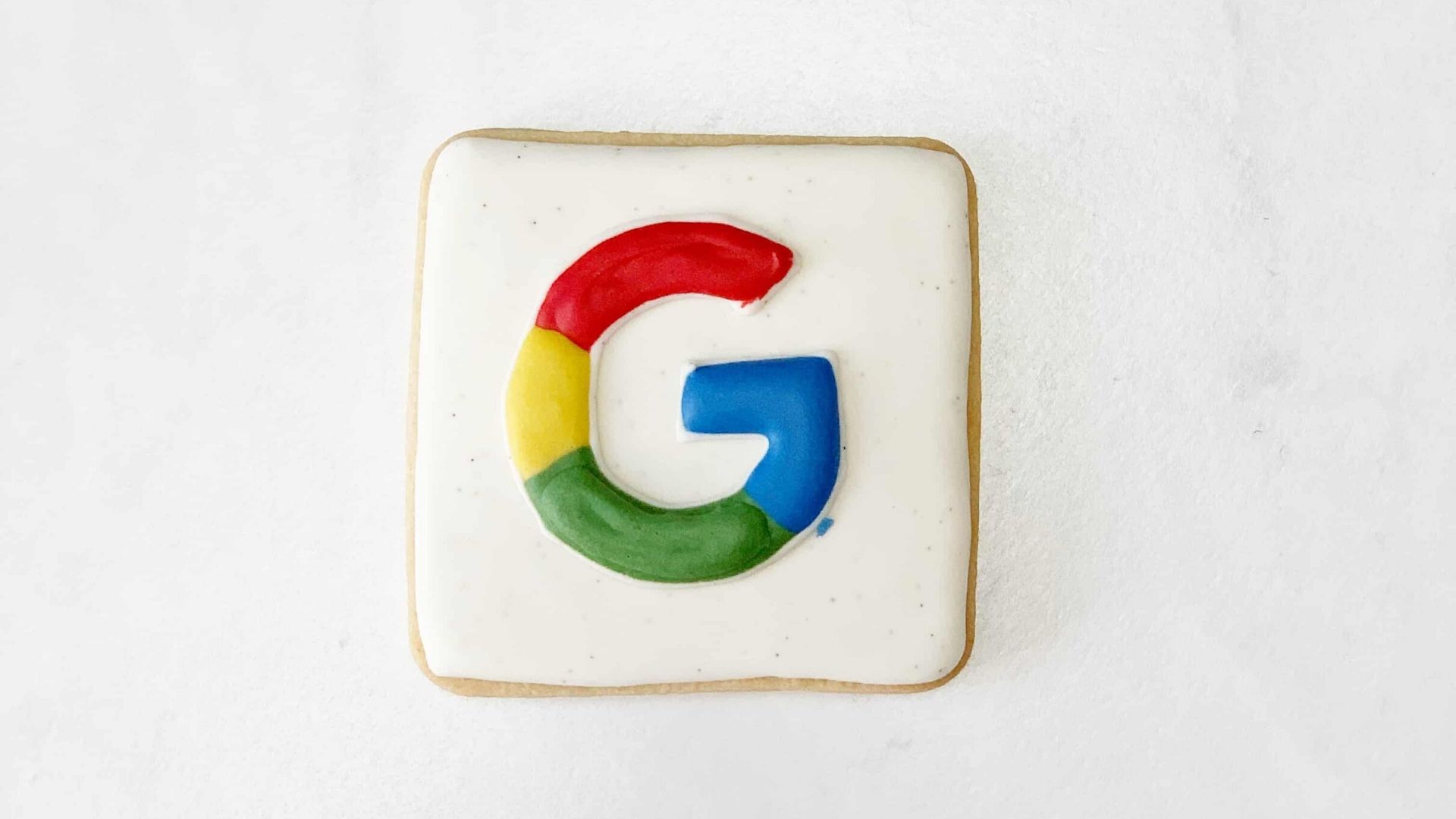Courtney-Dale Nel
Courtney is a Content Writer on the Pure SEO team. They have a Bachelor in Behavioural Psychology, way too much experience working with pigeons, and a fondness for nachos that rivals most marriages.


It is the age-old question, one that stretches back to the first days of Google’s alterations to their search marketing tools. When Google Analytics and Google Search Console first crawled out of the early primordial soup that was the Internet in 2005, they had some alignments that allowed us to match up data points and make some inferences. These days, we can only look at the output from these two titanic tools, scratching our heads and asking ourselves:
“Why on earth are these data sets different?”
Trying to exactly match the landing page traffic from GA with the clicks from GSC is an exercise in futility. Much like Neil Patel and page two of Google’s search results, they simply don’t get along.
In the interest of shedding a light on one of the most pervasive frustrations the SEO industry struggles with, this is a breakdown of the underlying differences between GA and GSC. The former measures behaviours and attributes of the users, while the latter is concerned purely with a website’s metrics.
Trials and tribulations with either tool aside, they have fundamental differences that result in the disparities we see in the data, and today we’re going to put the mystery under a spotlight.
To understand how Google serves and refines individual SERPs, let’s look at this patented model for modifying SERP rankings from Google’s very own minds.

For a brand-new search, the pages are run through the Indexing Engine (2010) and the Scoring Engine (2020) before they hit the Ranking Engine (2030). Then, they are displayed, and the user picks their preferred result. Once they’ve clicked, their click is tracked (2050) and inputted into the Session Log (2060).
Here’s where it gets interesting. The tracked click from the session log is fed into the Rank Modifier Engine (2070). This engine influences the rankings for similar searches across time, presenting links it finds more relevant based on click history. Theoretically, this could broadly impact the relevancy score of all websites on a SERP, changing how they do in the Scoring Engine and where they appear on everyone’s SERP. This impact reverberates across all tools.
How is this relevant to the data disparity between the two tools? It comes down to how they measure a session and a click.
Google Search Console and Google Analytics approach the measuring of data from fundamentally different places. These differences often fly under the radar as insignificant when it comes to comparing the two, but they are the reason for increased baldness and frown lines in many an SEO professional.
Google Search Console uses query logs to track user clicks. On the other hand, Google Analytics uses a user’s clickstream and harvests the session data from there. Why is this important? Well, this means that GSC uses information from one source to identify a click, whereas GA uses a different source to interpret a session. Because their data sources are different, so too are the metrics pulled from them. This is the core of the disparity before us, and one we’re going to break down further below.


A query log is a text file stored in a website’s backend that tracks the features of the user, their query, and the features of what they choose to click on. The data is interpreted and presented as metrics in GSC, plotted overtime to help site owners optimise what they’re offering.
Contrary to common conceptions, Google has made it clear that they don’t consider clicks and the click-through rate of a site’s page to be a factor in ranking. Instead, they use the information in these click logs to “tune” an individual searcher’s signal, presenting them the ideal SERP based on their past clicks. So, that means that clicks can influence rankings on an individual scale (at least according to Google).
Query logging tracks the queries a single user makes and tries to measure if they are different enough to be called “distinct”. If they’re not, two searches may be tracked as just one, and if both of those searches lead to the same landing page, it can be interpreted as just one impression. A query session can last from minutes to hours, depending on how similar the queries are to each other.
Interestingly, if a user makes a search that is unrelated to the others, GSC will track this as a separate session. So, GSC’s fundamental definition of a session is inherently different from GA’s. To quote the discussion from the patent we looked at earlier:
“Two sessions associated with the same user will share the same cookie but will have different session identifiers.” – Google Patent Discussion (US8359309B1)


A clickstream (also called a click path or click log) is the virtual Jetstream left behind by a user as they jump from page to page across the internet. It tracks user information and keeps a record of their activity across the Internet. Google Analytics dips into the clickstream to harvest its information, generating metrics and data about the users that visit your website to help you target your ideal audience. In digital marketing, this tool is invaluable.
A session in Google Analytics is based on the passage of time, not the relation of queries or clicks. The limit of time before a new session is started can be adjusted by the site owner to last longer or shorter, so a session in GA is user-defined. That’s crucial.
By default, these sessions last for thirty minutes of inactivity before a new one is started (assuming the user comes back and continues searching). Therefore, one user can spark multiple sessions on the same website. A user could click on the same page three times (GSC) in two sessions (GA), resulting in three clicks and two sessions being recorded.
To bring the question to a succinct answer: A Google Analytics session and a Google Search Console query session or click are not the same things. So, unfortunately, no matter how many times you try to line them up, they’re not going to behave. Don’t pull your hair out trying, just stick around for our recommendations on how to refine your data!
We’re New Zealand’s top search engine optimisation company for small to medium-sized businesses. We offer our years of experience in the ever-changing world of the Internet, bringing your company’s website, search engine marketing, and social media presence up to scratch. Get in touch with us today!





